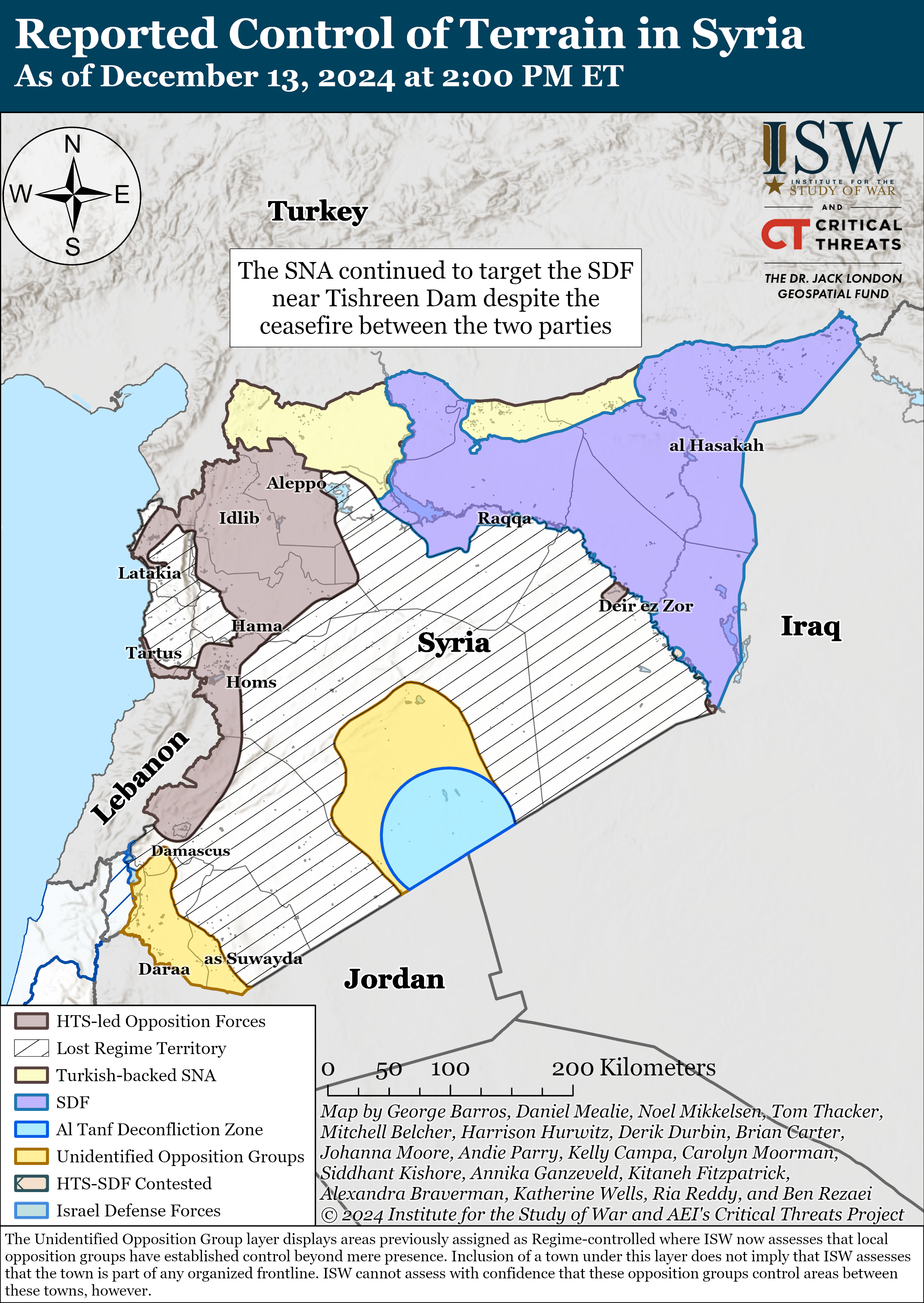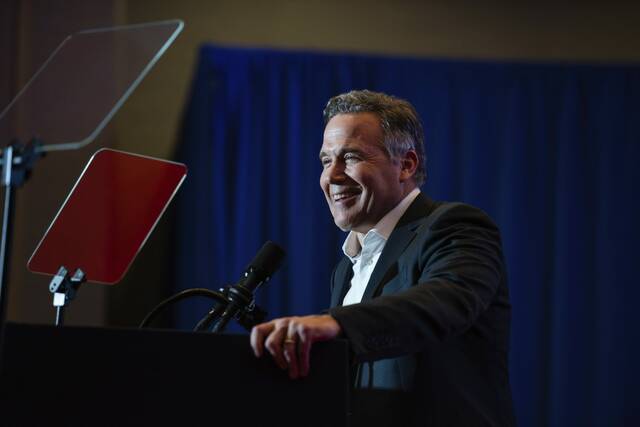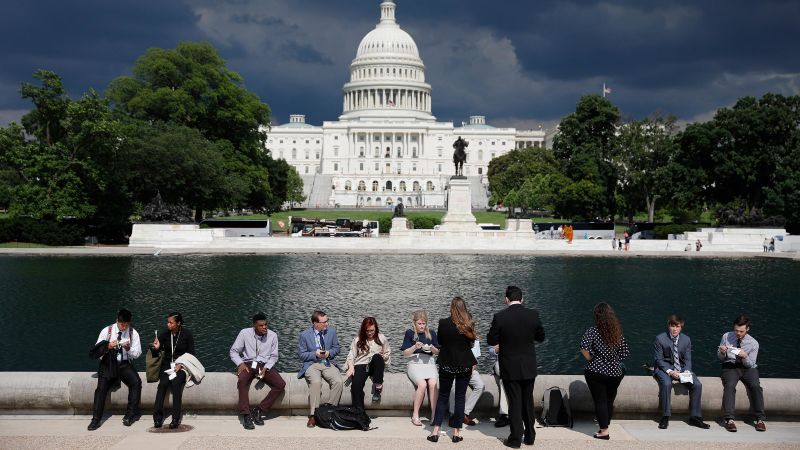By the time Huda’s family could return home, the pomegranates had fallen off the trees and rotted, the parsley and rocket had withered and the lemongrass was sagging. Two months of displacement had left their garden in disrepair.
“When we returned to the house, we didn’t know if it was still standing or not. You can stay elsewhere, but there is nothing like your own home,” said Huda, a mother of four, days after she had gone back to her house in Babliyeh, in southern Lebanon, when the ceasefire with Israel was agreed.
Huda and her family fled their village on 25 September. Two days earlier, Israel began an intense aerial bombing that displaced more than a million people, primarily from south Lebanon and the Bekaa valley. Huda’s family listened anxiously as the bombing grew nearer – until a bomb went off close to their house.
Huda grabbed what possessions she could and set off towards Akkar, Lebanon’s northernmost province, where she had relatives. It was the first time the family had been beyond Beirut.
They arrived penniless, bouncing between relatives’ houses for a month before hearing of a school offering shelter to people displaced by the war.
The refuge, run by War Child, the only specialist charity for children affected by conflict, has housed dozens of displaced families since fighting escalated in September.
War Child, which works in some of the most dangerous parts of the world providing emergency aid, specialist mental health support and education to help hundreds of thousands of children recover from the trauma of conflict, is one of the Guardian and Observer’s charity appeal partners this year, alongside Médecins Sans Frontières and Parallel Histories.
“We know how to change the lives of children who are caught up in wars they did not start, and the vital funds raised from this appeal will allow us to reach them,” the charity says.
About 1.2 million people are estimated to have been displaced in Lebanon and almost 4,000 have been killed in Israeli airstrikes since fighting started on 8 October last year.
Huda did her best to help her family settle into the War Child shelter, as the charity’s staff and volunteers turned classrooms into homes.
Leila, her 19-year-old daughter, said that despite the safety the shelter offered, it was impossible to avoid the war. “I used not to sleep because I was so busy following the news. I was always thinking of home,” Leila said.
Her 14-year-old brother, Kareem, was listless, with the war interrupting his routine of playing with friends and tinkering with appliances needing repair.
To restore a sense of normalcy for the children and to offer therapy for some of the trauma they brought with them, staff turned to the simple but effective tool of play.
“The first objective is to create a safe space for the children to access their childhood and for them to express themselves, in addition to identifying children in need of more support,” said Fatima Nabaa, a child protection manager at War Child since 2016.
She said: “The kids would express how they felt through Lego. They would build their old houses with Lego and then began to express how they would rebuild them. They would say, ‘OK, my house is gone but I’ll make a new one with a pool and a gym!’”
Some children have been out of education for 14 months and the everyday concerns of primary school have been replaced by displacement’s daily challenges. The shelter’s activities were the first chance to be a child again.
“The riddles were my favourite; it felt like you really needed to use your brain,” Leila said. “The activities helped us forget where we were, if only for a little bit.”
War Child staff were also displaced. Nabaa’s home in the southern Beirut suburb of Dahiyeh was damaged in an airstrike and she had to move three times to find a safe place for her children.
Mohamed Wehbe, a monitoring officer at War Child, also lost his family home in an Israeli airstrike in Ain Aata in south Lebanon and his flat in Dahiyeh.
“It was very difficult to work and help people when I myself felt like I needed help,” said Wehbe. He supports two brothers, who suffer from poor mental health, and his mother, who has had panic attacks since they were displaced.
War Child staff have found that helping children through their own grief was also therapy for them, too.
Nabaa has been inspired by the steadfastness of displaced families: “In the end, I felt like I was the one who needed them, because I saw their resilience and I saw that despite everything, they were thinking positively – even the children.”
On 27 November, a ceasefire took effect, ending almost 14 months of fighting between Hezbollah and Israel. Two days later, Huda and her family returned home.
Despite the official cessation of hostilities, challenges remain. The war has destroyed Lebanon’s infrastructure and economy, Huda’s husband has not been able to work and homes are without water.
With Israeli airstrikes continuing in Lebanon, Kareem said he dreams that Israeli drones are flying overhead. A slammed door will make him panic. Huda keeps their bags packed in case they need to flee again.
For now, however, the family has work to do. Kareem has returned to school and Huda is once again tending to their garden.
2024-12-13 09:10:28


